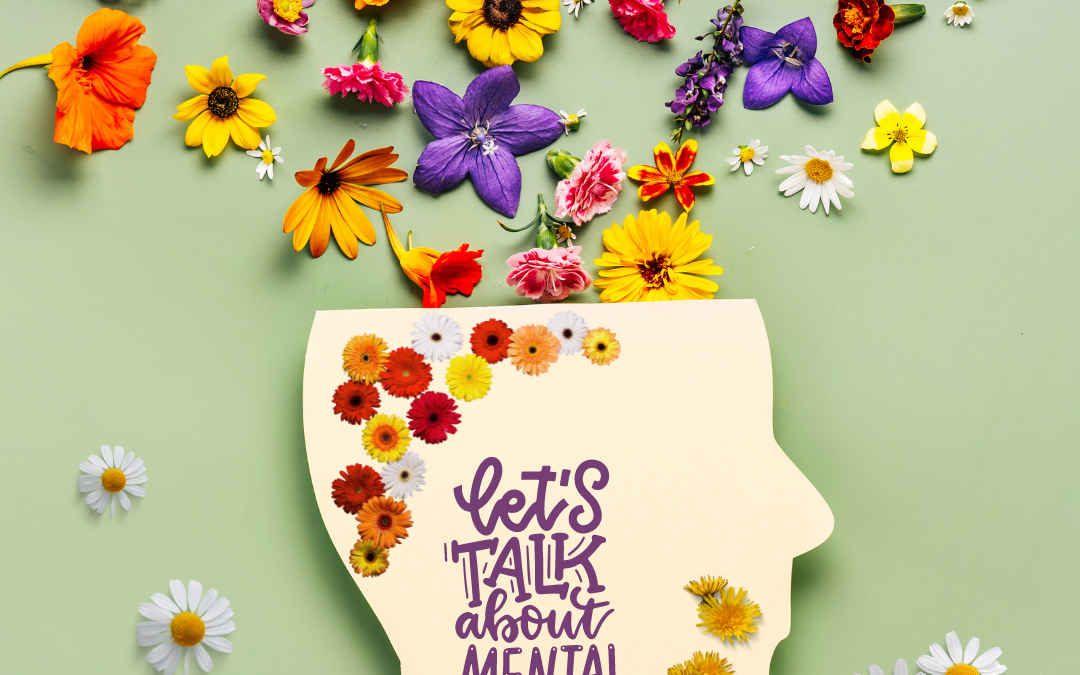As a mental health professional, I can say I have seen an increase in individuals struggling with symptoms of anxiety and depression. These symptoms can feel debilitating at times. Making it difficult to do simple tasks at work and at home. Symptoms of anxiety and depression are very real, and with the help of medication and/or support from a professional, a person can learn ways to feel confident in coping with the discomfort of these symptoms.
I find such joy when I have a client share with me how they were able to utilize skills we had discussed in session and that they noticed improvement. The look of relief and a new found confidence on their face is what I believe many therapists strive for in their work.
Psychoeducation is a great tool to use during sessions. Because as the saying goes, “knowledge is power”. With new knowledge gained through psychoeducation a person can feel more powerful and confident to overcome their symptoms associated with anxiety and depression.
One of my own go to tools I like to use myself and teach my clients is called Cognitive Behavioral Therapy, or CBT. CBT is an evidence-based practice, meaning studies have proven that CBT has scientific backing to demonstrate true effectiveness.
The concept is quite simple really. CBT is the theory that our thoughts can trigger our feelings and emotions, which in turn trigger our actions and behaviors. For those who struggle with anxiety and depression we can find ourselves getting stuck in a cycle of a negative thought triggering negative feelings like worry, anger, sadness, which then that feeling can trigger an unhealthy behavior. One could say that negative behavior then could start the whole cycle over by triggering another negative thought. Now, add on a chemical imbalance in your brain due to a diagnosis of depression and/or anxiety. As a true Minnesotan would say, “Uffda”.
This is my favorite part in session with my clients when I get to break the most wonderful news to them and I say, “Guess what, your thoughts are not facts. They are not in control of you, you are in control of them!” Yes, if you didn’t know this it is so true and can be so freeing. You can change, challenge, or reframe your thoughts, friend.
So how do we do this? It’s called mindfulness. Sometimes it takes practice. Like sitting in a quiet room and just noticing your thoughts. What comes up for you? Are they mostly positive or negative? Then, notice how those thoughts make you feel. Do you experience worry, sadness, or maybe joy? Just notice. Once you are able to practice mindfulness, now you get to use those wonderful tools called coping skills.
Some common unhealthy thought patterns a person might experience are mind reading and fortune telling. Have you found yourself feeling worried or anxious about what others are thinking about you? Maybe you have a dialogue inside your head of what they are saying about you in theirs? Guess what, we are not mind readers. And really, other people’s thoughts are none of our business anyways.
One way to challenge mindreading is to remind yourself that, “Hey as much as I know we all want to have magical super power, truth is I just cannot read other people’s minds”. When you notice yourself worrying about other’s thoughts of you, or what others might be thinking, reminding yourself of this simple fact can help make that big controlling and emotional thought much easier to manage and grasp. This can lead to feeling less worried and anxious.
When it comes to fortune telling, just a simple adjustment can help with the anxiety or depression associated with that thought as well. An example of fortune telling is painting a worst case scenario in your mind. This could be, “I’m not going to go to the birthday party because I won’t know anyone and I know I won’t have fun”. Here a person can weigh their options. What are the chances they won’t know anyone or not have fun? What most likely would happen? Even if they did go to the party and didn’t know anyone how likely is it they would meet someone new? And my favorite question for fortune tellers, how likely is it they will still be okay a week after the party if they went to the party and didn’t know anyone?
These are just a couple examples of some tools a person can use to challenge unhealthy thoughts. If you want to learn more about CBT and how our thoughts, feelings, and behaviors are all connected there are many resources online. Just search CBT skills. Or schedule an appointment with a mental health professional to learn more skills and feel confident in defeating your own anxiety and depression symptoms.
Written By:
Jessie Szmanda, MA, LADC
Individual and Family Therapist
Lakes Center for Youth & Families


Recent Comments